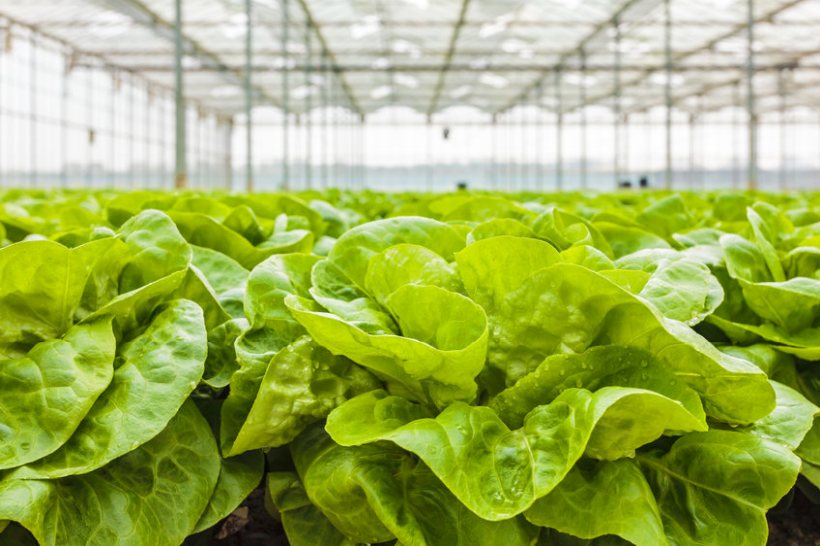
NFU Energy and District Eating have launched a new project aiming to reduce CO2 emissions in horticulture by enabling growers to access stable and lower-cost heat.
The project will run for 14 months and assess the economic, environmental, and social opportunities associated with using sources of waste heat and carbon dioxide for horticulture in England.
Of 60 UK energy-from-waste plants, only 10 reportedly use heat successfully. Recoverable waste heat from UK industry reportedly could supply 14% of UK domestic heating.
Using this waste heat in protected horticulture for UK food production could reduce CO2 emissions associated with its production by at least 70%, without including CO2 savings from reduced imports and transport supply chain emissions.
This study aims to improve productivity and reduce carbon emissions associated with industrial production whilst showcasing the opportunities that can be made from waste resources.
Using these waste resources to grow food also could have sustainability benefits, increasing food security in the UK and taking pressures off countries already seeing the effects of climate change, who are relied on for imports.
By providing longevity in a heat source, away from direct energy markets, this project aims also to improve resilience for both growers and sites with industrial waste heat.
District Eating develop low-carbon horticulture projects using waste heat and CO2. The team is made of a range of engineers and sustainability specialists who aim to reduce environmental and transportation costs whilst improving food security in the UK.
Its role in the project is to identify and contact potential sources of waste heat in England, to generate interest in the Innovate UK project.
District Eating will also explain the benefits of co-locating horticulture with sources of waste heat, and the opportunities it can deliver to sources of waste heat.
Meanwhile, NFU Energy’s role in this project is to facilitate increased production potential by providing lower cost heat sources to growers and farmers.
It will also help enable the re-use of industrial waste heat lowering CO2 emissions of the industry and reliance on high CO2 emission fuels for horticulture.
The project will also assess relevant business models, from heat supply agreements for district heating to online marketplaces for organic resources.
The suitability of these options will be tested with groups of, horticultural and waste heat producing, businesses recruited to this project.
Technical director of NFU Energy Jon Swain said: "Growers are facing unprecedented costs of energy and CO2, which is used to enrich the growing environment for produce in the greenhouse.
"This service could provide growers with ideal opportunities to source local, sustainably, and reliable alternatives to gas, at a time when farmers are really feeling the effects of supply chain issues and the pressure of decarbonising.’
